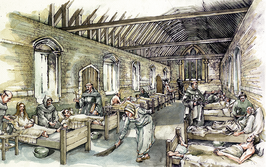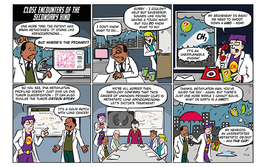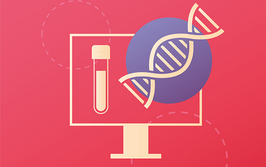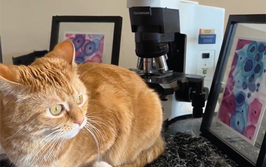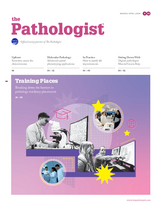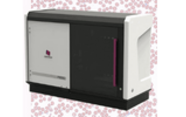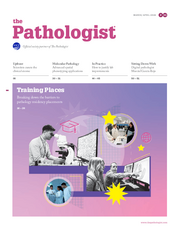Pipetting – love it or loathe it – it’s a necessary part of laboratory work. But in high-throughput experiments and busy hospital labs, keeping track of which sample goes where can be a challenge. A team from the Whitehead Institute, Cambridge, USA, have developed a creative system for fast and precise pipetting, in the form of a web-based app for tablet computers.
iPipet is an online benchtop tool – users upload a standard CSV file detailing the source and destination microplate wells for their samples, then access this experimental design from a tablet computer. Placing the plates onto the tablet screen illuminates the correct wells and columns, making it easier to track progress.
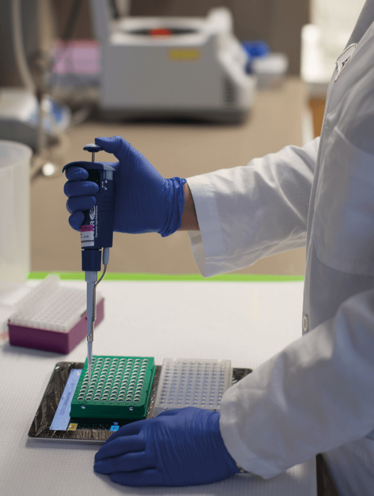
“Bench work typically involves pipetting small and variable volumes of clear liquids, and scaling up this tedious task can be daunting,” says co-author of the associated paper (1), Dina Zielinski. “Sequencing technology has advanced at an unprecedented pace since the Human Genome Project both in cost and scale, but one thing that hasn‘t changed is the fact that DNA samples are finite and often difficult to obtain in sufficient quantity and quality. Liquid-handling robots work well for protocols where volume is not an issue but this is rarely the case, especially in genomics. Additionally, these systems have price tags beyond the reach of many labs, and require time-consuming optimization,” she adds.
iPipet is free to use, and its creators plan to keep it as an open-source tool, this means users will be able to access the source code, adapting and adding new features to the program as needed. “Semi-automated solutions are improving,” Zielinski says, “but for now, iPipet can take half the time of a top-of-the-line robot, and minimize the risk to precious samples. Tracking helps ensure work is reproducible, which is important for research, and often even more important in hospitals, where many patients are tested simultaneously.”
- D Zielinski et al., “iPipet: sample handling using a tablet”, Nature Methods, 11, 784–785, (2011). PMID: 25075904.
I have an extensive academic background in the life sciences, having studied forensic biology and human medical genetics in my time at Strathclyde and Glasgow Universities. My research, data presentation and bioinformatics skills plus my ‘wet lab’ experience have been a superb grounding for my role as an Associate Editor at Texere Publishing. The job allows me to utilize my hard-learned academic skills and experience in my current position within an exciting and contemporary publishing company.


